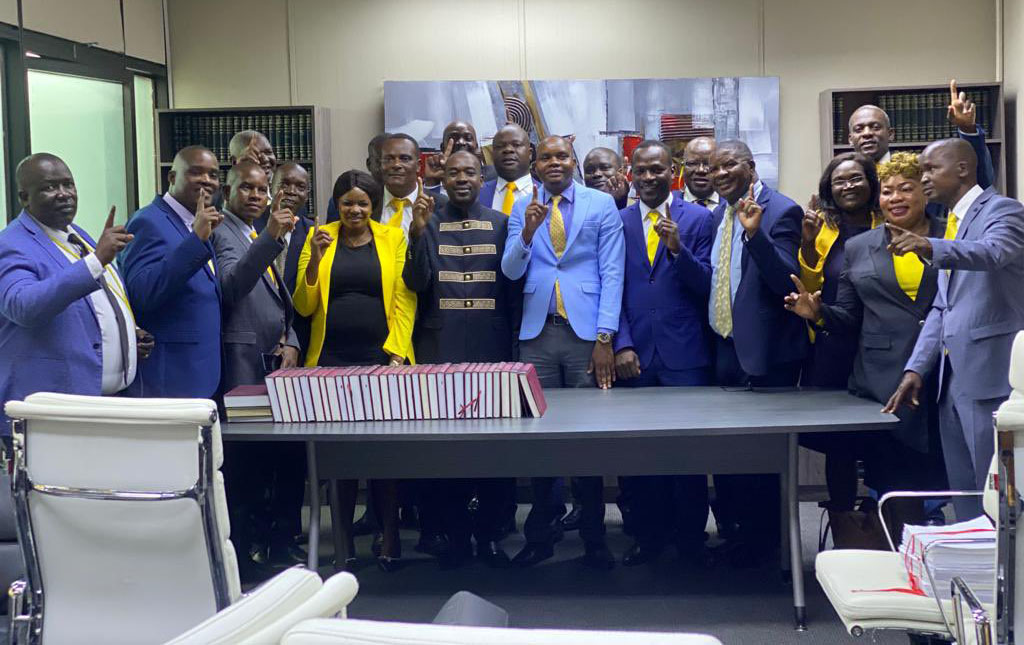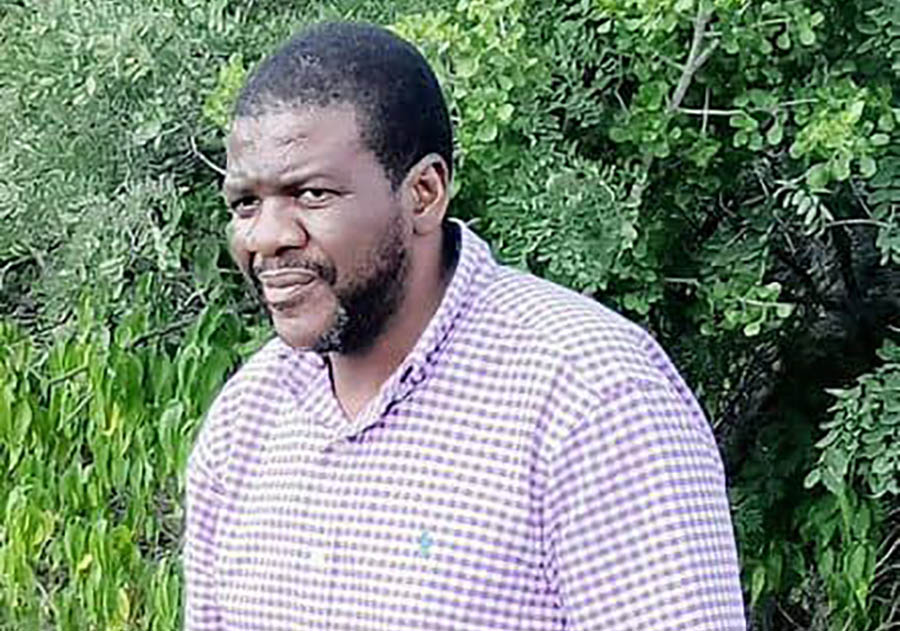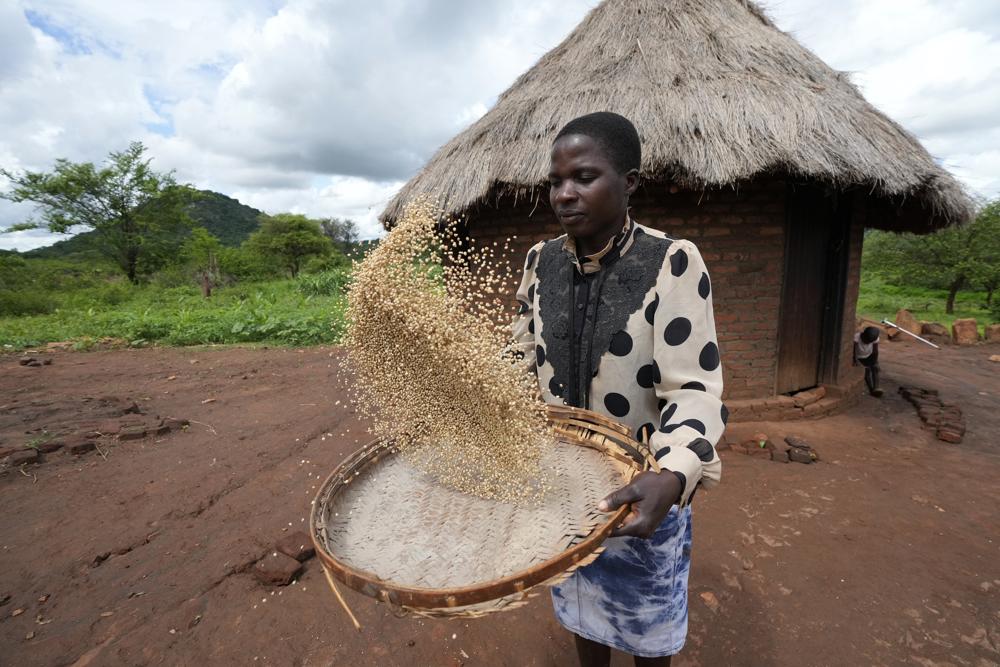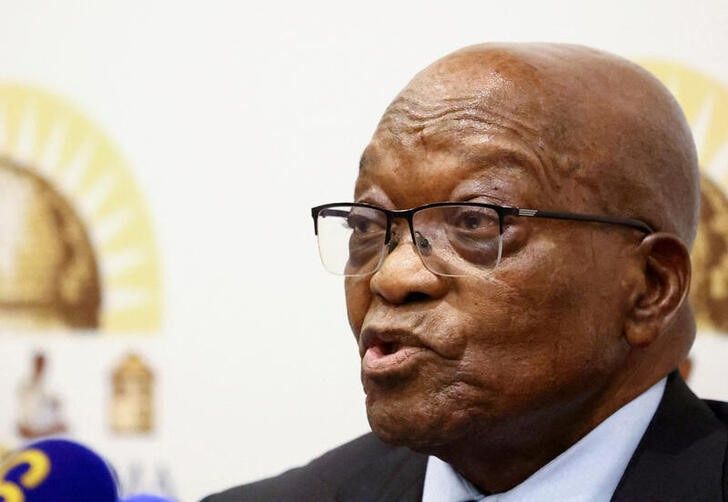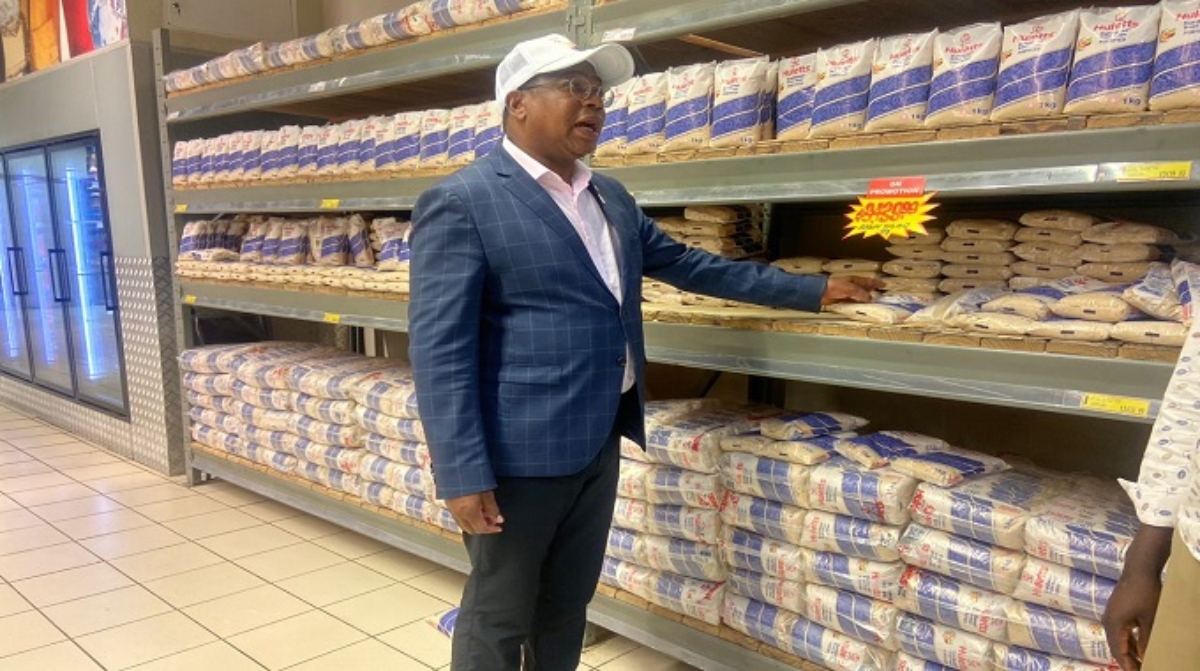ON Tuesday 6 December 2022 the Citizens Coalition for Change Parliamentary Caucus converged in Harare where among other things they discussed critical national issues affecting the citizens of Zimbabwe.
At the top of the agenda were the deteriorating economy, the 2023 national budget, power shortages in the country and the plethora of vicious legislation proposed by Zanu PF.
We also discussed the much publicised US$40,000 loan granted to Members of Parliament.
The CCC caucus has always put the citizens at the forefront in its quest to push for democratic change in Zimbabwe. At all material times it has advanced the agenda of citizen protection and that of holding the executive to account. Thus we have stood consistently on a platform that has placed citizens at the centre of our mandate.
We acknowledge that the citizens have a right to question and to oversee the conduct, omissions and commissions of those that it elects into public office. In this regard, we therefore welcome the intense public scrutiny around this issue.
Critical to the situation we find ourselves in is the important question of the role of parliament.
Parliament plays a critical role of making laws for the good order of Zimbabwe. However, as the third arm of the state, its most important function is that of holding the executive to account and more importantly demanding accountability over the use of Zimbabwe’s resources.
Despite this important role, the executive has over decades systematically debased and weakened the role of parliament. Parliament has been underfunded and parliament has been treated as a constitutional inconvenience by an executive that is not accountable and is not prepared to be held to account.
Whilst parliament as an institution has been incapacitated through underfunding the whipping system, and constant recalls, the Member of Parliament has been incapacitated and devalued by a failure to put into place terms and conditions that allow him or her to properly execute their duties.
In other countries, MPs are capacitated by the provision of a constituency office, research assistance, research budgets, computers, a decent income and other accessories that enable them to execute their job. Sadly, that is not the case in Zimbabwe.
In a proper economy, MPs should decently be remunerated to enable them to carry out the important task of representing the citizens that they are privileged to serve. Sadly in Zimbabwe, that is not the case.
On average, up until September 2019, the average salary of an MP had been reduced to the equivalence of US$60 per month.
The de-dollarisation exercise carried out by the government in February 2019 through SI 33 of 2019 seriously eroded the salary of every public worker including the MP.
In September of 2019, during the debate of the supplementary budget, MPs managed to extract some increases for all public workers in Zimbabwe. The most significant was the raising of the tax-free threshold to Z$900,000 from Z$300,000. The Hansard reports will show massive amounts of money being pushed to the votes of health and education pursuant to pressure from MPs.
It was at this point that the executive conceded to increasing MP salaries to Z$200,000 which is equivalent to US$200.
The new salary remains way below the poverty datum line by a long margin. It also remains way below the average regional salary of MPs which is US$2,000 even in economies smaller than Zimbabwe or countries such as Kenya and others where MPs are paid around US$13,000 a month. This is in addition to the provision of constituency offices, and paid research assistance.
The position of MPs in particular remains particularly vulnerable given they do not own means of production to derive and have income. They face the onslaught of a well-resourced opponent which has access to state resources that include Command Agriculture, Pfumbvudza, mines, farms, tenders and other centres of looting.
But despite this, they have remained consistent in providing community support in the form of school fees, funeral assistance and other social challenges of failure created by the crises of leadership in Zimbabwe.
One of the key issues that came up for debate in September was that of housing. Most MPs reside out of Harare and are ordinarily housed in hotels. In the preceding months parliament had failed to pay those hotels resulting in embarrassing situations for MPs forced to hop from one hotel or lodge to another. It was in this context that a housing facility was raised.
Indeed, over the years, different facilities and loans have always been provided to parliament. The most common of these loans have been vehicle loans of up to US$60,000 in some cases. The loans have always been repaid. Where there has been a default parliament has instituted legal proceedings and court records are public.
In some cases, vehicles have been seized at tollgates. Some of our MPs here have had their vehicles seized and many MPs are currently in court defending themselves.
The suggestion in some quarters that loans are donations is not correct. In the midterm supplementary budget of September 2022 approved, provision was made for a housing or vehicle loan of US$40,000. This loan was understood as a genuine part of the MPs’ welfare. The loan is therefore not a surprise executive instrument but one that went through the due process of appropriation as is provided in the constitution. It is not a discretionary issue or an executive gratuitous gesture like the grants granted to ministers and deputy ministers.
In October of 2022, MPs were made to sign binding loan application forms which they executed. In late November, parliament made partial disbursements of these loans. The loan in question is above board.
The loan in question is no excuse for state failure or the deplorable state of public services. It is no excuse for 42 years of mismanagement and misallocation of public resources. And most certainly the loan cannot bribe or derail our cause.
We therefore reject the equalisation. We are not Zanu, have never been Zanu. We have remained principled and committed. We have remained unwavering in our quest for transformation and change in our country We have faced dictatorship and its billions of dollars weaponised against our people.
Prosper Mutseyami is the CCC MP for Dangamvura and the party’s Chief Whip in parliament

